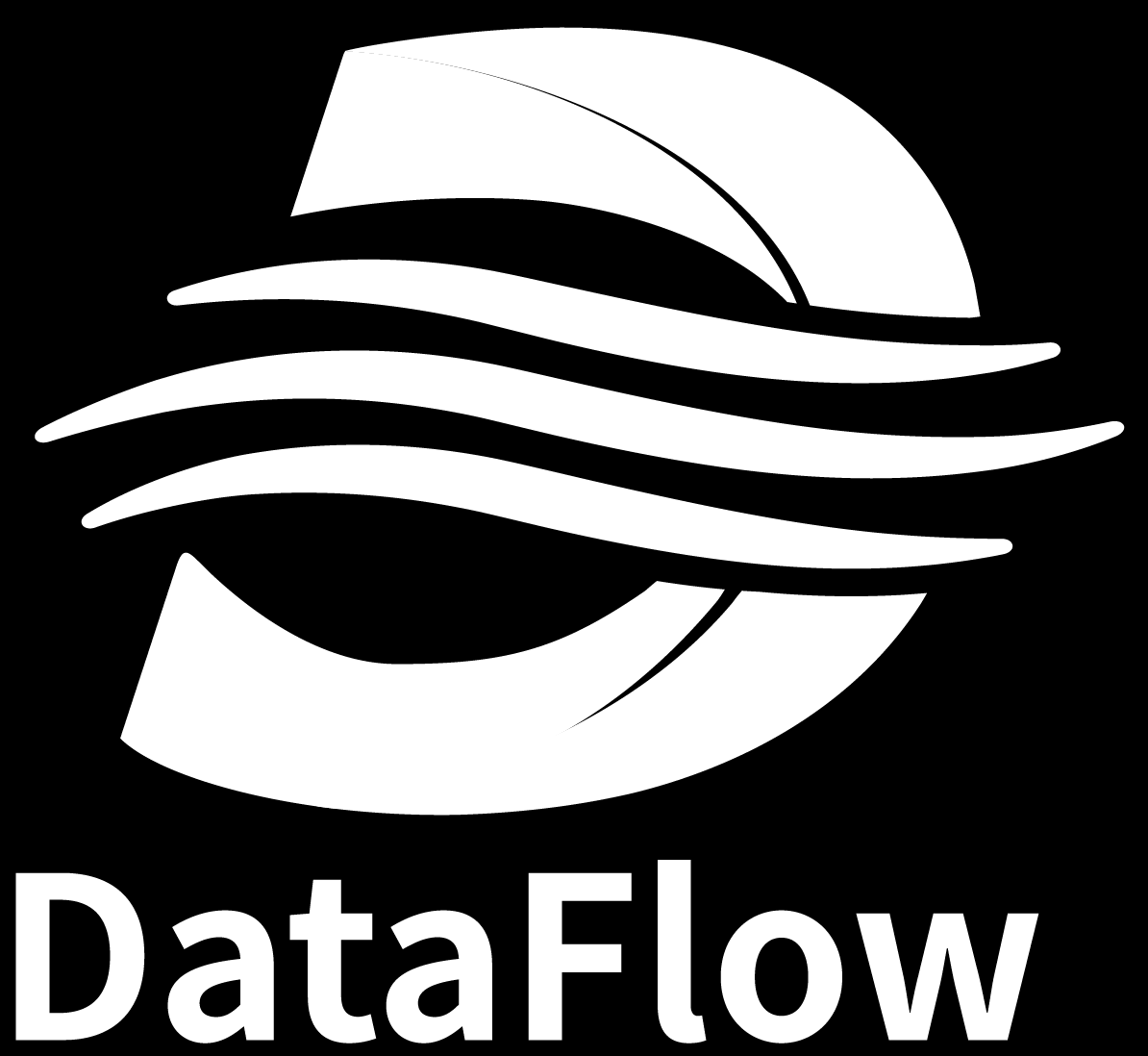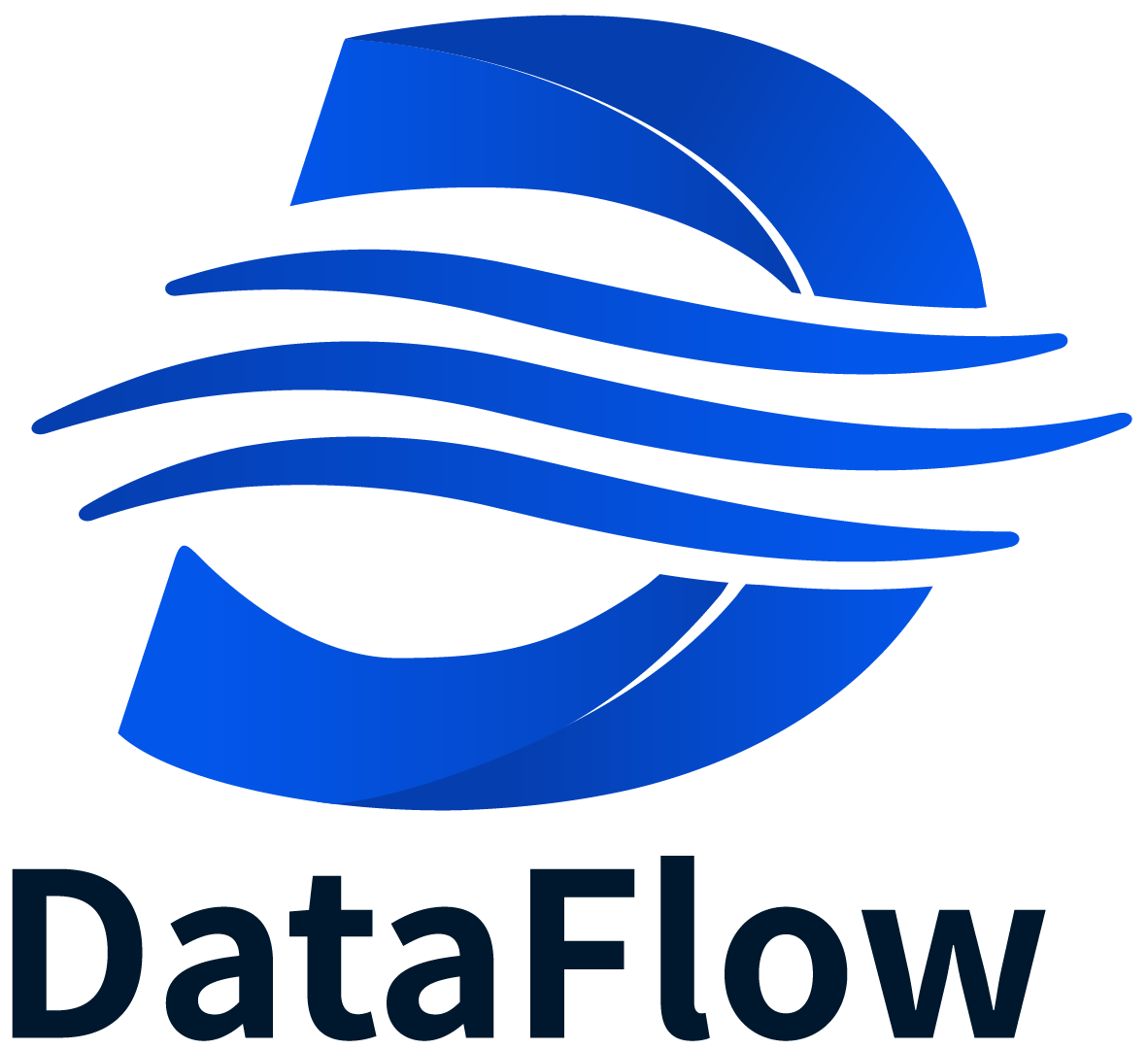Function Calling Data Synthesis Pipeline
About 1030 wordsAbout 3 min
2025-07-16
1. Overview
The Function Calling Data Synthesis Pipeline aims to expand the diversity of existing text datasets by synthesizing multi-turn conversational data with function/tool calls. This provides richer training data for optimizing models on downstream tasks. The pipeline primarily includes steps such as extracting and generating real-world task scenarios, generating and validating tasks, generating functions, and generating multi-agent multi-turn conversations, ultimately producing a conversation dataset for function calling scenarios.
The main process of the pipeline is based on the data synthesis steps proposed in the paper BUTTON, including:
- Scenario Extraction: Extracts real-world task scenario information from conversational data and provides a brief description.
- Task Generation, Expansion, and Validation: Generates atomic tasks based on the extracted scenario information, organizes the atomic tasks into more complex composite tasks, and finally validates the feasibility of the tasks.
- Function Generation: Generates the necessary function calls based on the composite tasks and their atomic subtasks.
- Multi-agent Multi-turn Conversation Generation: Generates multi-turn conversational data based on the tasks and their function calls.
2. Data Flow and Pipeline Logic
1. Input Data
The input data for the pipeline needs to include conversational data, such as the data corresponding to the "chat" keyword in the example:
{
"system": "SYSTEM: You are a helpful assistant with access to the following functions. Use them if required -\n{\n \"name\": \"get_exchange_rate\",\n \"description\": \"Get the exchange rate between two currencies\",\n \"parameters\": {\n \"type\": \"object\",\n \"properties\": {\n \"base_currency\": {\n \"type\": \"string\",\n \"description\": \"The currency to convert from\"\n },\n \"target_currency\": {\n \"type\": \"string\",\n \"description\": \"The currency to convert to\"\n }\n },\n \"required\": [\n \"base_currency\",\n \"target_currency\"\n ]\n }\n}\n",
"chat": "USER: Can you book a flight for me from New York to London?\n\n\nASSISTANT: I'm sorry, but I don't have the capability to book flights. My current function allows me to get the exchange rate between two currencies. If you need help with that, feel free to ask! <|endoftext|>\n\n\n"
}This input data can be stored in a specified file (e.g., json, jsonl) and managed and read by a FileStorage object. The example loads the default data path, but the path can be modified as needed for custom data and cache paths in actual use cases:
self.storage = FileStorage(
first_entry_file_name="../example_data/FuncCallPipeline/chat_data.jsonl",
cache_path="./cache",
file_name_prefix="dataflow_cache_step",
cache_type="jsonl",
)2. Scenario Extracting and Expanding
2.1 Scenario Extracting
The first step of the pipeline is to extract the scenario information of the conversation from the conversational data using the Scenario Extractor (ScenarioExtractor).
Functionality:
- Extracts conversational scenario information.
Input: Raw conversational data Output: A brief conversational scenario
scenario_extractor = ScenarioExtractor(
llm_serving=self.llm_serving
)2.2 Scenario Expanding
The pipeline provides an optional step: expanding existing scenarios into new ones using the Scenario Expander (ScenarioExpander).
Functionality:
- Expands conversational scenarios.
Input: Original conversational scenario Output: New conversational scenarios
scenario_expander = ScenarioExpander(
llm_serving=self.llm_serving
)3. Task Generating, Expanding and Validation
3.1 Atomic Task Generating
The second step of the pipeline is to generate corresponding atomic tasks based on the scenario topic using the Atomic Task Generator (AtomTaskGenerator).
Functionality:
- Generates atomic tasks corresponding to the scenario.
Input: Conversational scenario Output: Corresponding atomic tasks
atom_task_generator = AtomTaskGenerator(
llm_serving=self.llm_serving
)3.2 Sequential Task Generating
The third step of the pipeline is to generate a successor task for the previously generated atomic task and combine them into a complex task using the Sequential Task Generator (SequentialTaskGenerator).
Functionality:
- Generates successor tasks and complex composite tasks.
Input: Atomic tasks Output: Subsequent atomic tasks, composite tasks
sequential_task_generator = SequentialTaskGenerator(
llm_serving=self.llm_serving
)3.3 Composition Task Filtering
The fourth step of the pipeline is to validate the completeness of the composite tasks and their subtasks and filter out those that do not meet the requirements using the Composition Task Filter (CompositionTaskFilter).
Functionality:
- Validates the completeness of composite tasks.
Input: Original composite tasks Output: Valid composite tasks
composition_task_filter = CompositionTaskFilter(
llm_serving=self.llm_serving
)4. Function Generating
4.1 Task Requirement Function Generating
The fifth step of the pipeline is to generate the required function tools based on the input composite tasks using the Function Generator (FunctionGenerator).
Functionality:
- Generates the function tools required for the tasks.
Input: Composite tasks Output: Required function tools for the tasks
function_generator = FunctionGenerator(
llm_serving=self.llm_serving
)5. Multi-turn Conversation Generating
5.1 Multi-agent Multi-turn Conversation Generating
The final step of the pipeline is to generate multi-turn conversations by three agents—User, Assistant, and Tool—based on the input tasks and function tools, using the Multi-turn Conversation Generator (MultiTurnConversationGenerator).
Functionality:
- Generates multi-turn conversational data that includes function tool calls.
Input: Composite tasks and function tools Output: Multi-turn conversations
multi_turn_conversations_generator = MultiTurnConversationGenerator(
llm_serving=self.llm_serving
)3. How to Run
You can create a new working directory outside the DataFlow project path, for example, workspace, and run dataflow init inside it. This command will copy the pipelines and example data into your working directory. Then, navigate to the api_pipelines/ path to execute the pipelines.
cd workspace
dataflow init
cd api_pipelines/
python func_call_synthesis.py4. Pipeline Example
An example pipeline is provided below, demonstrating how to use multiple operators for inference data processing. This example shows how to initialize a function calling data synthesis pipeline and execute each step sequentially.
from dataflow.utils.storage import FileStorage
from dataflow.serving import APILLMServing_request
from dataflow.operators.conversations import (
ScenarioExtractor,
ScenarioExpander,
AtomTaskGenerator,
SequentialTaskGenerator,
ParaSeqTaskGenerator,
CompositionTaskFilter,
FunctionGenerator,
MultiTurnConversationGenerator
)
class FuncCallPipeline:
def __init__(self):
self.storage = FileStorage(
first_entry_file_name="../example_data/FuncCallPipeline/chat_data.jsonl",
cache_path="./cache",
file_name_prefix="dataflow_cache_step",
cache_type="jsonl",
)
self.llm_serving = APILLMServing_request(
api_url="http://123.129.219.111:3000/v1/chat/completions",
model_name="gpt-4o",
max_workers=128
)
self.scenario_extractor = ScenarioExtractor(llm_serving=self.llm_serving)
self.scenario_expander = ScenarioExpander(llm_serving=self.llm_serving)
self.atom_task_generator = AtomTaskGenerator(llm_serving=self.llm_serving)
self.sequential_task_generator = SequentialTaskGenerator(llm_serving=self.llm_serving)
self.parallel_sequential_stak_generator = ParaSeqTaskGenerator(llm_serving=self.llm_serving)
self.composition_task_filter = CompositionTaskFilter(llm_serving=self.llm_serving)
self.function_generator = FunctionGenerator(llm_serving=self.llm_serving)
self.multi_turn_conversations_generator = MultiTurnConversationGenerator(llm_serving=self.llm_serving)
def run(self):
self.scenario_extractor.run(
self.storage.step(),
input_chat_key="chat"
)
self.atom_task_generator.run(
self.storage.step(),
input_scenario_key="scenario"
)
self.sequential_task_generator.run(
self.storage.step(),
input_task_key="atom_task"
)
self.composition_task_filter.run(
self.storage.step(),
input_composition_task_key="composition_task",
input_sub_tasks_keys=["atom_task", "subsequent_task"]
)
self.function_generator.run(
self.storage.step(),
input_composition_task_key="composition_task",
input_sub_tasks_keys=["atom_task", "subsequent_task"]
)
self.multi_turn_conversations_generator.run(
self.storage.step(),
input_task_key="composition_task",
input_sub_tasks_keys=["atom_task", "subsequent_task"],
input_functions_key="functions",
)
if __name__ == "__main__":
pipeline = FuncCallPipeline()
pipeline.run()
